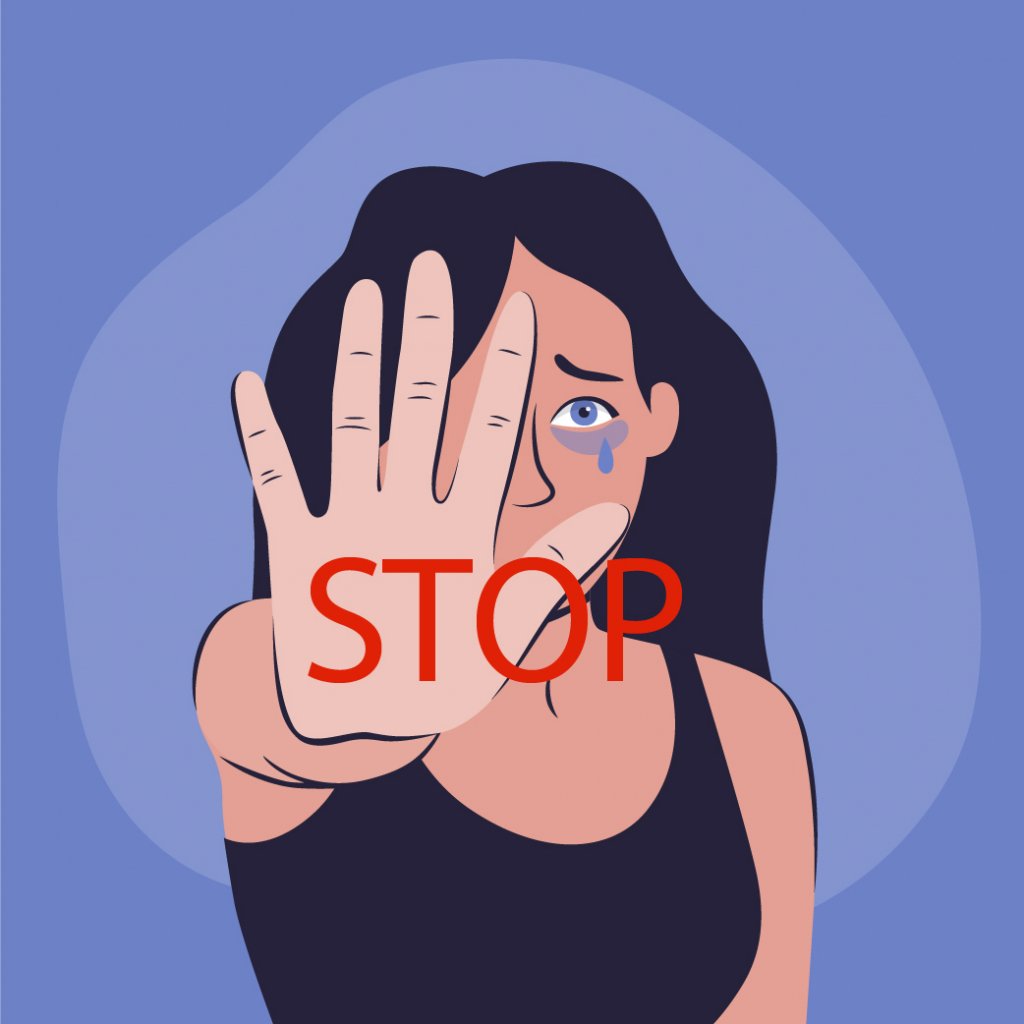By Roheena
Gender-based violence (GBV) is a global issue affecting millions of people irrespective of geography, culture, or socioeconomic status. It is deeply rooted in society and manifests in various forms, including physical, sexual, psychological, and economic abuse. It’s crucial to establish the universality of the problem to garner global support and collaboration and to address this pervasive issue.
In this article I have tried to outline the various dimensions of GBV, emphasizing its impact on individuals and society and how to combat this menace.
GBV not only inflicts immediate physical and emotional harm but also perpetuates a cycle of fear, trauma, and inequality. Women, girls, men, and boys can all be victims of such violence, but statistics overwhelmingly demonstrate that women and girls are disproportionately affected. According to the World Health Organization (WHO), nearly one in three women globally has experienced physical and sexual violence by an intimate partner or sexual violence by a non-partner in their lifetime.
The COVID-19 pandemic exacerbated the GBV. The lockdown measures confined victims to their abusers, making it imperative to adapt and enhance support services and intensify economic stressors that can trigger violence. As the world battled the health crisis, the shadow pandemic of GBV surged, highlighting the urgent need for comprehensive strategies to address this issue.
Efforts to combat GBV must encompass multifaceted approaches. Education, legal frameworks, access to justice, and addressing root causes are all essential components of an effective strategy.
However, the role of education is foremost in challenging societal norms and stereotypes that perpetuate violence. Similarly, the promotion of values from the formative age such as respect, equality, and empathy within educational institutions, communities, and families are equally important.
There is also a need for robust and effectively enforced legal frameworks. Access to justice and support services should be free from discrimination to ensure accountability for perpetrators and protection for survivors. Shelters, hotlines, counseling, and healthcare must be readily available and discriminate-free.
Counseling and rehabilitation for perpetrators are also important as breaking the cycle of violence requires addressing the root causes and providing opportunities for behavioral change. Counseling sessions tailored for them can offer a chance to confront their actions, understand the consequences of their behavior, and learn non-violent conflict resolution strategies.
There is also a need to create safe spaces for survivors to speak out. Encourage the empowerment of survivors through support, advocacy, and initiatives that reduce stigma and reprisals.
Combating this menace is an uphill task and can be possible through collaborative efforts among various sectors of society, including government departments, civil society, law enforcement agencies, healthcare providers, and the private sector. A united front is crucial for sustained efforts against GBV.
However, we cannot undermine the role of individuals who play a crucial role. Everyone must be encouraged to challenge harmful attitudes, promote respectful relationships, and support survivors by listening without judgment and helping them when needed.
Policymakers are required to allocate adequate resources, devise, and implement effective prevention programmes, and enforce laws that protect the rights and dignity of all individuals. Dismantling systemic inequalities that perpetuate GBV, including unequal access to education, employment, and decision-making positions, should be a priority.
Stress must be laid on the collective responsibility and unwavering commitment from every sector of society. GBV eradication is not optional — it requires dedication, solidarity, and ongoing action.
Let us stand together to create a just and equitable world where everyone can live free from the threat of gender-based violence, and where every individual can thrive in safety and dignity.

Roheena Ali is an M.Phil scholar and a gender specialist currently working at Skardu, Baltistan.

The High Asia Herald is a member of High Asia Media Group — a window to High Asia and Central Asia

